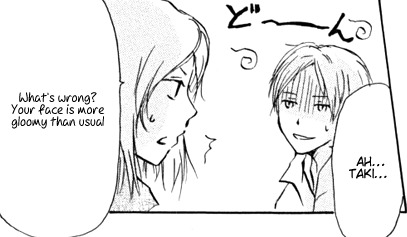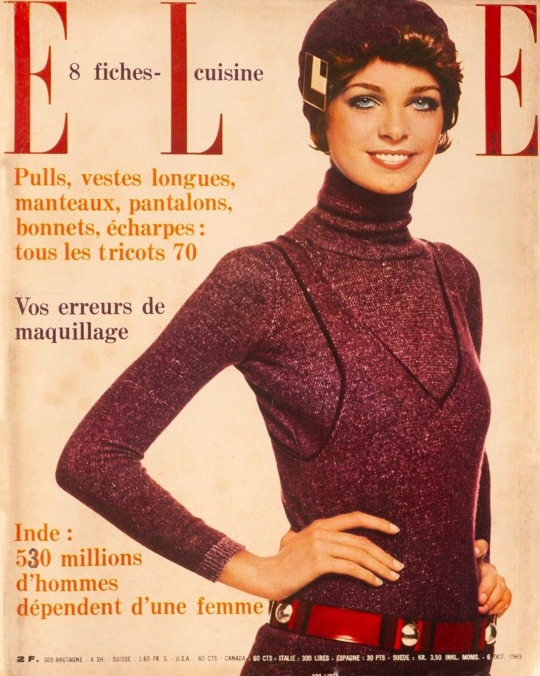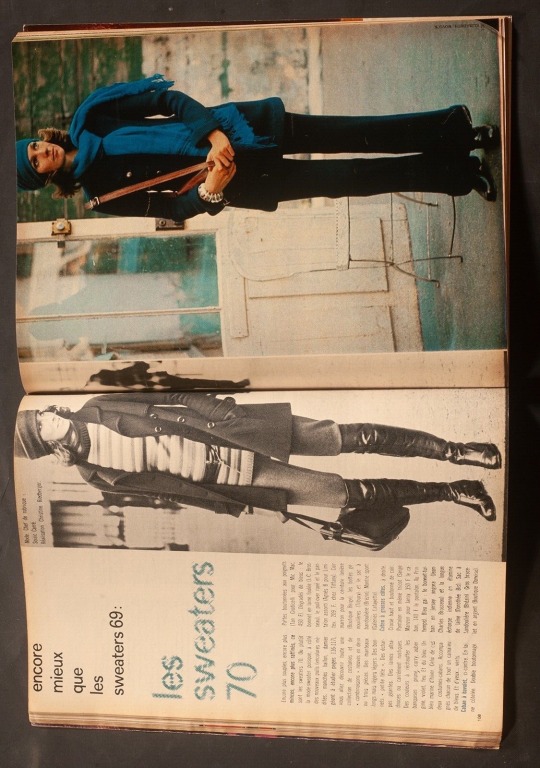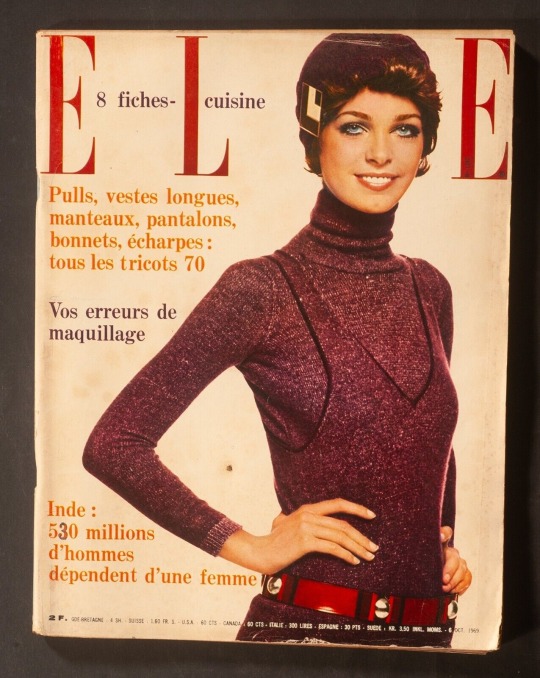#1242
Photo

70 notes
·
View notes
Text

8 notes
·
View notes
Text
cragbend
1 note
·
View note
Link
Check out this listing I just added to my Poshmark closet: Croft and Barrow blue woven necktie.
0 notes
Link
Check out this listing I just added to my Poshmark closet: Large Irma tunic. .
0 notes
Text
·
#zeitlosigkeit#1242#piano schönbeck#...the abstract is for the most people difficult...#4.5.22.#2020
0 notes
Text
The thesis of the post I’m following up on was that Pathologic 2’s approach to children is “adults know best”, failing to produce any points about the self-determination and marginalization of children that were vital in p1, because it constantly overrules and opposes the young characters’ desires. The points of this post are (besides greater detail) that this theme is underpinned by A) the lack of a “future” in p2 preventing the children from having an ideology, and B) the game telling instead of showing. not comprehensive by any means but it’s a slightly better elaboration than said confusingly phrased post :-)
The List seem to know each other (outside the handful of individual connections like Capella-Khan and Notkin-Murky) primarily through knowing Isidor; conversely Isidor’s list is the only thing connecting them into a coherent faction, emphasized by the game displaying the “List” as a separate category under People. Isidor, an adult, takes the role of “identifying the children necessary to preserve the Town” from p1 Capella. The point that “these children must survive” is copied from p1, but it’s weakened by their survival not having an impact on any p2 ending – it becomes the “just because Isidor wanted it this way” reasoning which is also used to explain the Haruspex’s presence in the story, which starts to register weirdly with the kids given that p2 Isidor abuses Rubin and potentially abused Artemy (like most things with Isidor, why he did it this way is never seriously questioned). The existence of the List is something imposed on them by an adult instead of chosen.
Because their grouping is no longer based on a shared struggle to preserve the Town according to a single vision, the familial duty that motivated it in p1 is less of a factor in each child’s life. The position of “Mother Superior” not being real, Capella’s insistence on marrying Khan coming from herself rather than pressure from their families, Khan having run away from Victor – the kids are independent in the sense that they do things primarily for themselves, but the same disconnection from the broader context of the Town causes them not to have coherent goals. Therefore, the tension they face is limited to personal events: will Murky and Sticky move in with the Haruspex? will Grace stop the dead from being burned? will the Polyhedron support all kids for a few days?, preventing the List from expressing their relevance to the future of the Town as a whole (*except after the ending has already been decided!). This is in part imposed by p2’s intrinsic requirement that the game can continue with some or all of the List dead.
The only time their relevance comes up is Capella’s belief that she should lead the children, which she frames as her becoming a mother to them (that she should succeed “father” Isidor in this role instead of Artemy), and which is immediately negated in gameplay by the events of day 10 (further, her assertion that the List will all die as the player’s wards creates drive for the player to oppose her statement and actions by trying to disprove it). Due to this framing of motherhood, the other children’s loyalty to Capella becomes an emphasis on faith in the advice of a parent, rather than collective maturity. (In the same vein, Aspity’s character in p2 is explicitly as an advice-giving mother to Artemy, as well as to the Kin at large, who are described as infants and depicted as relying on her guidance to make choices.)

This form of “independence” means the List aren’t well beholden to the past, which means they aren’t concerned about their futures. The children will go along with any role they’re given by the player’s selected ending – the endings happen to them, not because of any part they played in the story. The central choice of Pathologic 2 as framed by Isidor is whether Artemy values the mutually exclusive past or future, so the choice to completely bypass this tension in his seven closest NPCs by making them not particularly care causes it, and them, to fall flat. This is in part imposed by the other fundamental issue, that p2’s Town doesn’t have a future for them to make choices about, forcing all character conflict to be resolved during the 12 days of the game.
(NB: Taya is an exception to the above several paragraphs – she takes 1 action that affects the landscape of the Town in the long run, although the actual choice to move the Kin to Shekhen is given to adult Artemy instead, and she’s motivated entirely by duty to her family. This is essentially in line with her being the Nocturnalest kid which is a separate post!)
Meanwhile, the older heirs Artemy, Maria, Vlad Jr., and Rubin are committed to becoming what their predecessors wanted, which when contrasted with the younger children associates their commitment with maturity. The few times Maria and Vlad Jr. do something conflicting with their parents (house-marking and going to the Kin respectively), the player is always given the opportunity to report it to said parents, who overrule and stop them. The implication that Simon asked Rubin to kill and dissect him makes Rubin’s actions completely dependent on the desires of Isidor and Simon until his medical duty runs out. Throughout the game, the decisions of older characters are prioritized in story and in gameplay effects, specifically decisions that control and direct the lives of the younger ones.
These decisions are roundly accepted by both the List and the heirs; any discontent is a side note in dialogue with no gameplay effect. Grace’s line “I don’t want to leave […], but Katerina [later referred to as Mother] says I can’t stay” applies doubly, as her arc involves being taken from her home and placed in the care of foster parents either once or twice depending on ending choice. The most obtrusive lack of challenge is that the player is unable to express dissatisfaction with Isidor’s choice to unleash the Plague beyond “killing thousands of innocents was cruel”, nor to talk about the implications of that act and Artemy’s position as its inheritor with either the Kin or Isidor’s List. Furthermore, the description of the Plague as a vaccination frames the Town as Isidor’s child, while he simultaneously justifies the misery inflicted on the Town with his love for it. Refusing the brutal choice that Isidor then imposes on the player results in a special ending where the game’s meta-narrator mocks and criticizes you for your “failure”.
In short, the lack of motivation and goals among the children of Pathologic 2 makes them passive to the choices adult characters make for them, which is every important choice. This could have been made a device about disempowerment if their resistance to it had an impact on gameplay at any point, but game design in fact opposes this. The player’s natural priority of “see as much dialogue as possible” leads the player towards dialogue and quest choices that align with the authority of parenthood; agreeing or leaving the children alone tends to end conversation undesirably, which the dialogue-end markers ensure the player is aware of. The endings incentivize endorsement of harsh parenting choices by skipping the finale if you oppose them. Neither the story nor gameplay contest the idea that an adult, in most cases a man, has the authority to make decisions controlling the lives of children.
#pathologic#p2crit#p2 spoilers#1242 words babey. hope this is somewhat clearer about what I meant wrt. it being patriarchal 🚬#long post
124 notes
·
View notes
Text
Prompt #1242
“I was born the wrong kind of animal to continue her work,” they said, crushing herbs in the same counter-clockwise motion they had been taught as a child. “So she found another bloodthirsty carnivore to be her apprentice.”
#writing prompts#writing prompt#dialogue prompt#fantasy#failing protagonist#prompt#prompts#wonderful prompts#prompt 1242
33 notes
·
View notes
Text

7 notes
·
View notes
Text

#art#paintings#museum#art pieces#tumblr art#Painting by He Jiaying (Chinese#born 1957)#[1239 x 1242]
46 notes
·
View notes
Note
hi!! thank you so much for running this blog! :) i'm looking for a fic that may have been on livejournal or ao3. i think it's two chapters. harry and draco are getting married and their families are involved in planning the wedding. sirius and lucius can't get along & keep arguing with each other. harry and draco have a big fight because of them and call the wedding off. sirius and lucius feel bad & plot to get them back together. i've been looking everywhere and i just can't find it!
We believe you’re looking for Father(s) of the Grooms (3k, PG-13) by dracogotgame!
Don’t forget to bookmark, like, and comment!
14 notes
·
View notes













